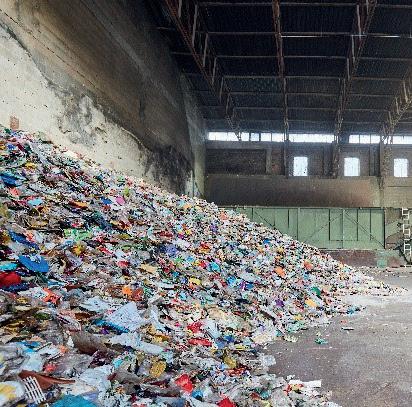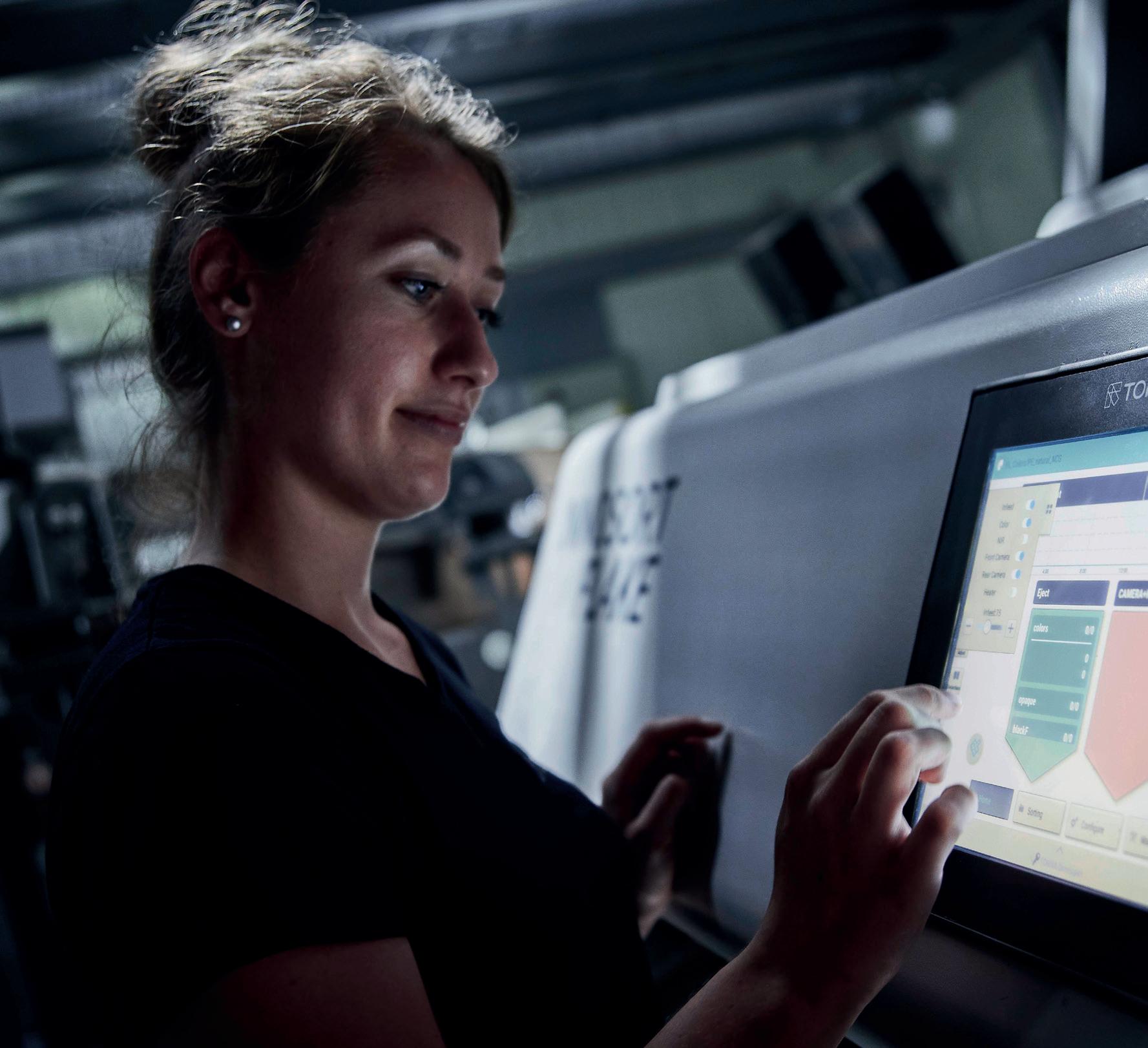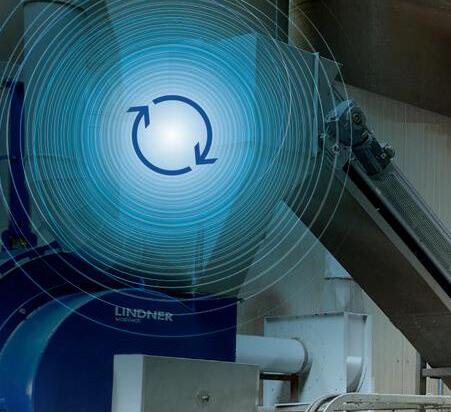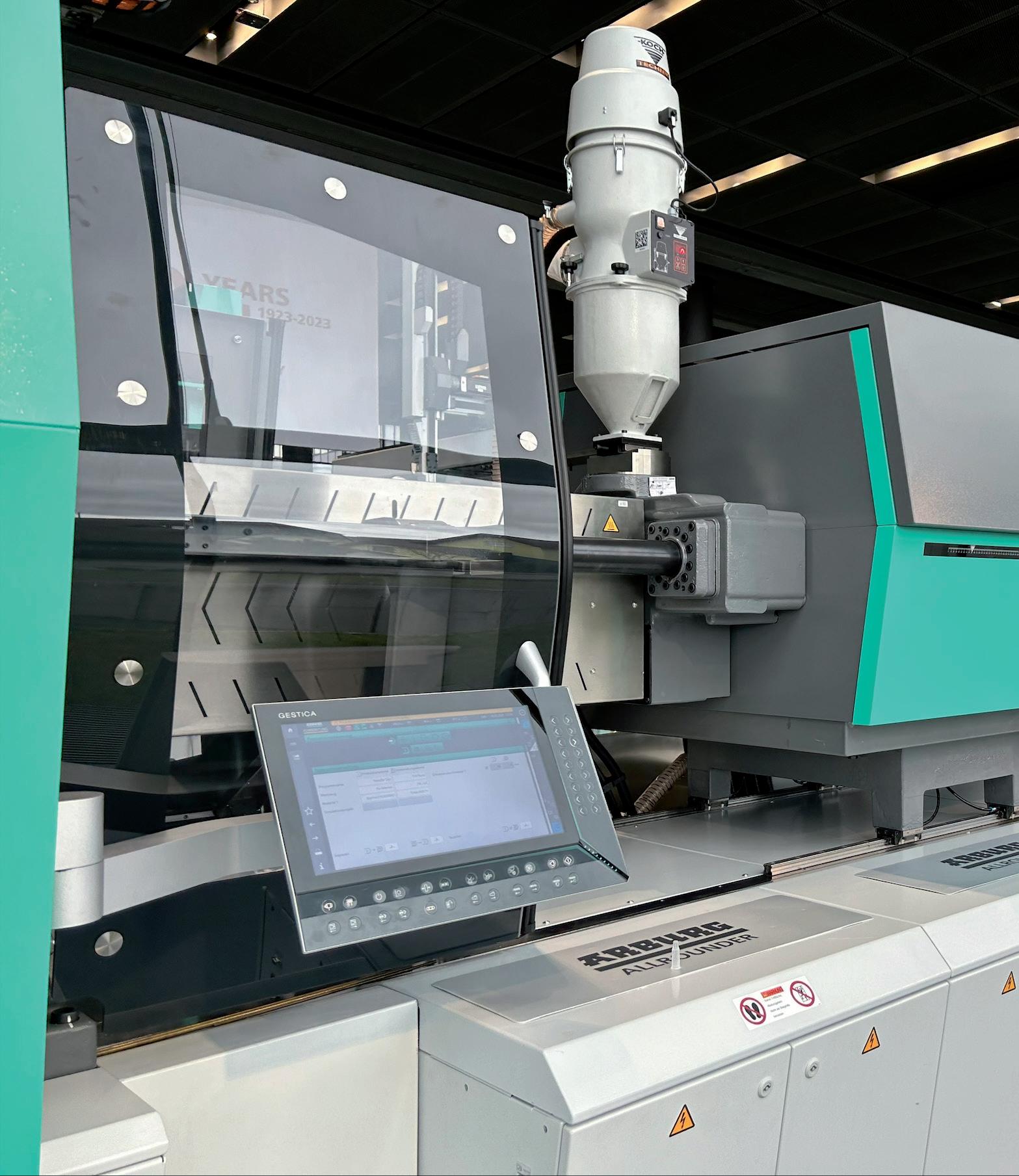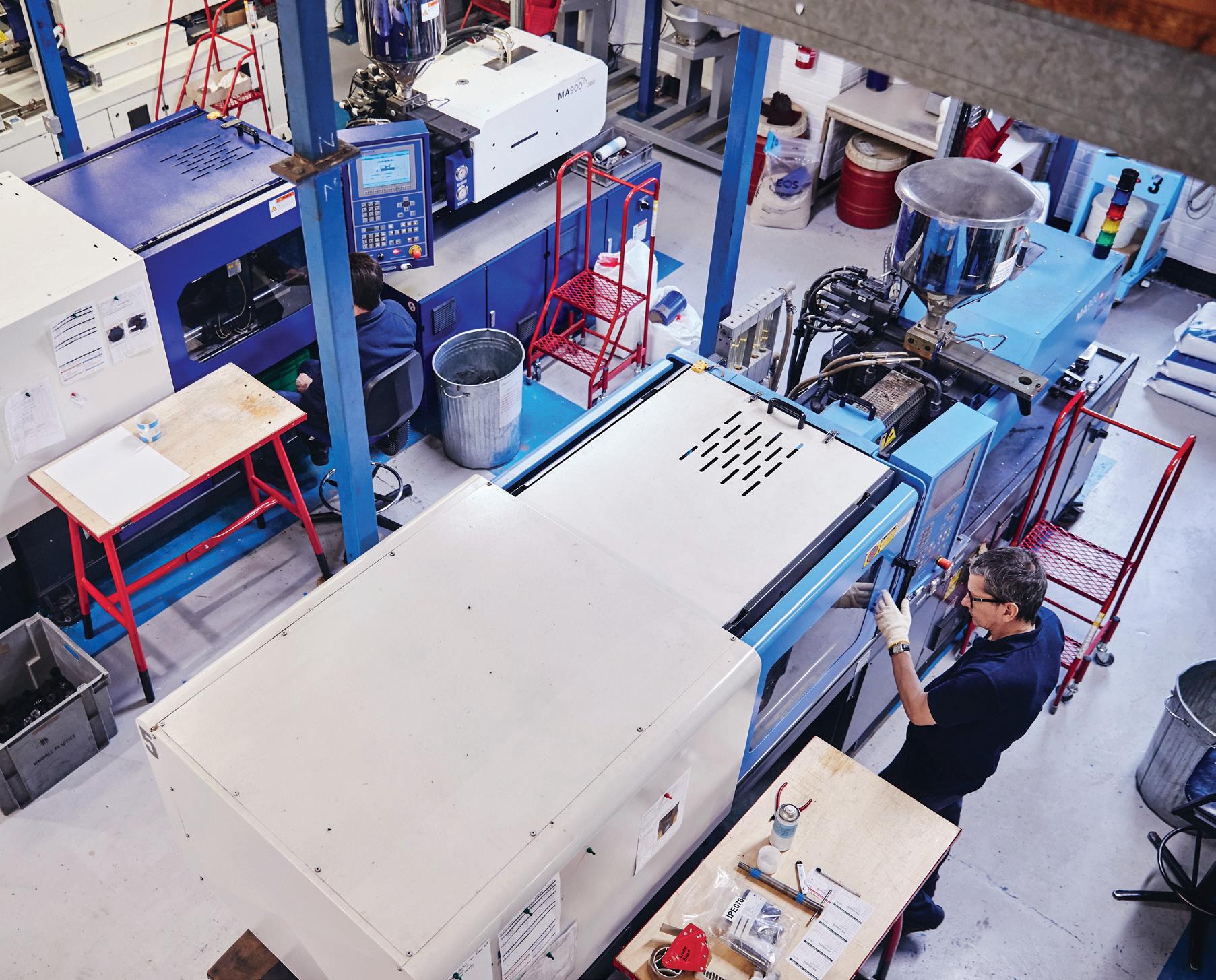
2 minute read
Philip Law
from BP&R Mar 23
The BPF’s director-general Philip Law reflects on the first quarter of 2023.

BPF, Budgets and Brussels
Press coverage of the recent Budget was mainly confined to its provisions on pensions, but there were two specific points which directly affected the plastics industry. One was the extension of the Climate Change Agreements for a further two years meaning they will be in place until at least March 2027. A longawaited consultation was launched which will focus on the future of CCAs beyond that point. BPF’s Climate Change Agreement, BPF Energy is one of the largest CCAs and at its origin it was eagerly welcomed by the BPF members. Since its inception it has saved the industry considerable sums of money, helped to drive energy efficiency to the top of the industry’s agenda and has put us in a good starting position to move towards ‘Net Zero Carbon’ objectives.
The second point was the inflationary increase put on the rate of the Plastics Packaging Tax. This increased from £200 per tonne to £210.82. There were also some technical changes to the treatment of late payments, to ensure consistency.
It was great to attend the Scottish Plastics and Rubber Association’s Annual Dinner in Edinburgh on 17th March. Well supported by companies north and south of the border., the SPRA, plays an important role in dialogue with the Scottish government and local stakeholders. Historically it has been involved in educational initiatives such as the Polymer
Study Tours and in promoting ‘Fantastic Plastics’. Bruce McLaren of McLaren Plastics has recently been elected President and the BPF has a close relationship with the SPRA and its management team.
BPF has had a great start to the year. We began with 524 members and already we have up to 544, an outstanding achievement. It was great to be at the recent Packaging Innovation Show and witness the interest in the BPF and its activities. It was a similar picture at the Southern Manufacturing Show where we made important new contacts.
It just demonstrates the close relevance of our activity – the preparation of guidance on Productivity with a launch planned for the Autumn, the preparation of a Net Zero Carbon Strategy for the Industry, the greater formalisation of Operation Clean Sweep, our encouragement for recycling including the pressure applied to government to accept ‘mass balance’ techniques for the verification of chemical recyclate content.
Some of the issues we are hitting upon such as REACH and the EU’s proposed Regulation on Packaging and Packaging Waste are highlighting the continuing importance of interventions in Brussels. But from our remote position outside the EU this is difficult. We are pressing UK government to define what residual tools it has to inform legislative developments in the EU.
Meanwhile one innovative way BPF is addressing the manpower shortage in the plastics industry is to enter into dialogue with HM Prisons in a bid to recruit rehabilitated prisoners to work in the plastics industry. HMP is a member of the BPF as they operate injection moulding machines. We are staging a webinar on 30th March featuring New Futures Network an organisation dedicated to finding employment opportunities for prison leavers. To learn more about this webinar on ‘Addressing your Skills Gap: Opportunities with Prison Leavers in Injection Moulding’, go to: https://www. bpf.co.uk/events/webinars/ lunch-and-learn.aspx.



